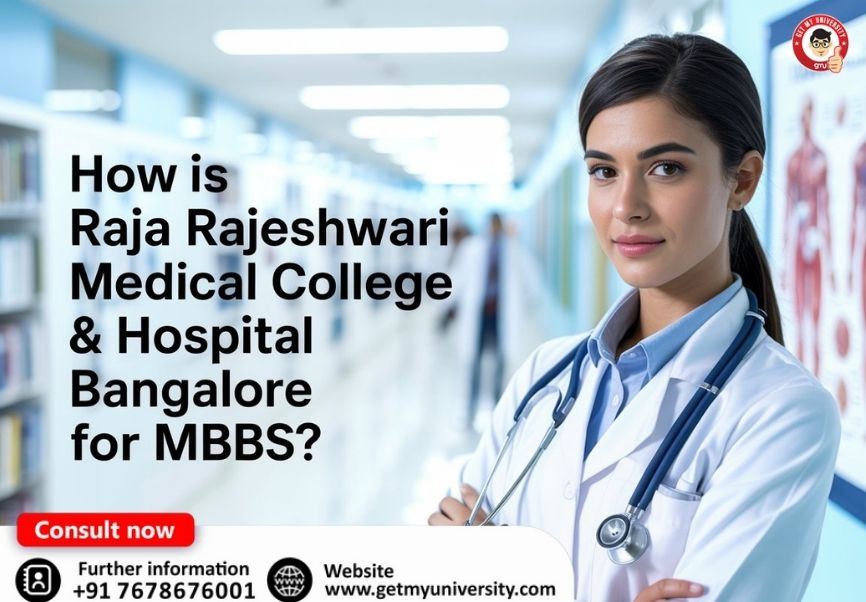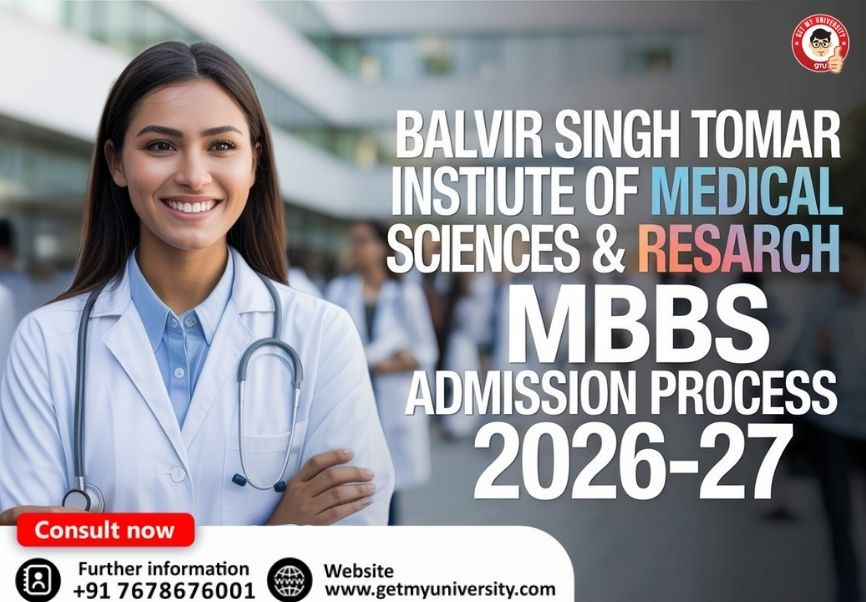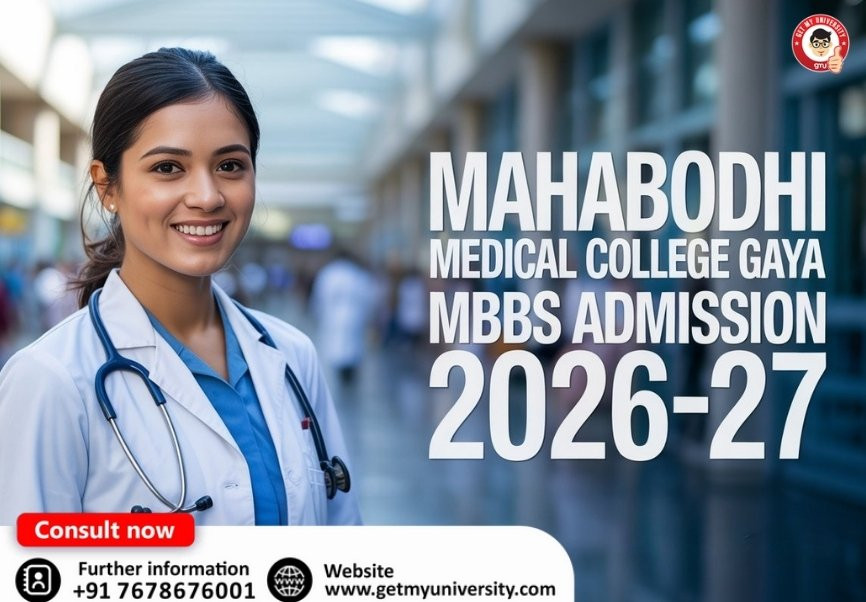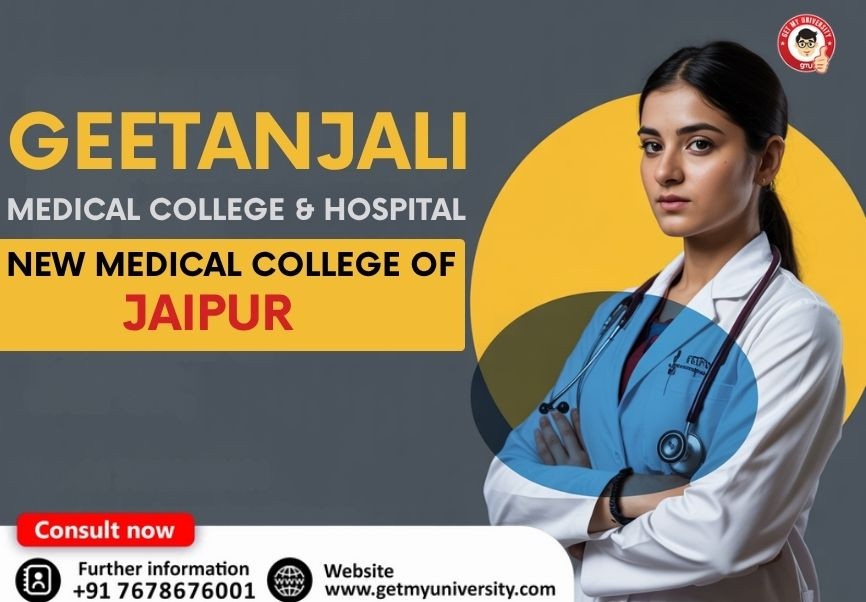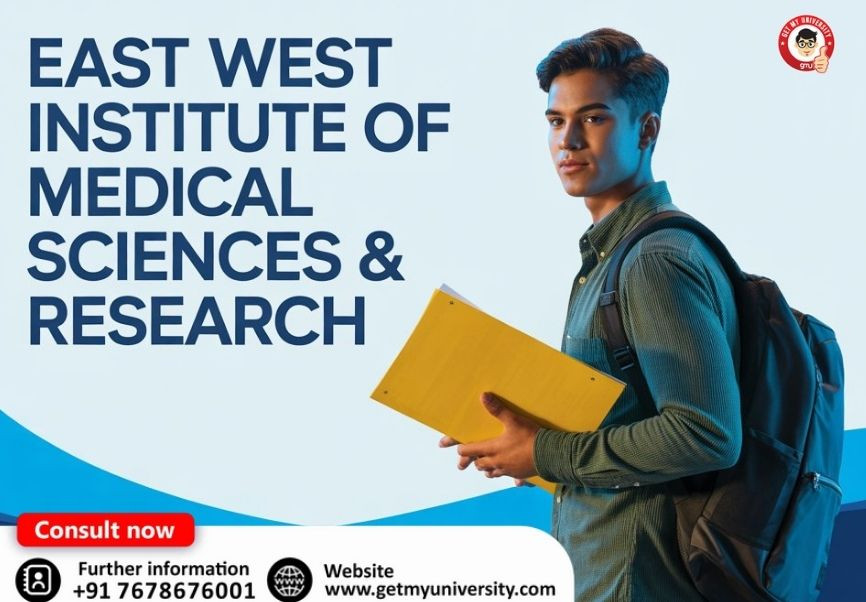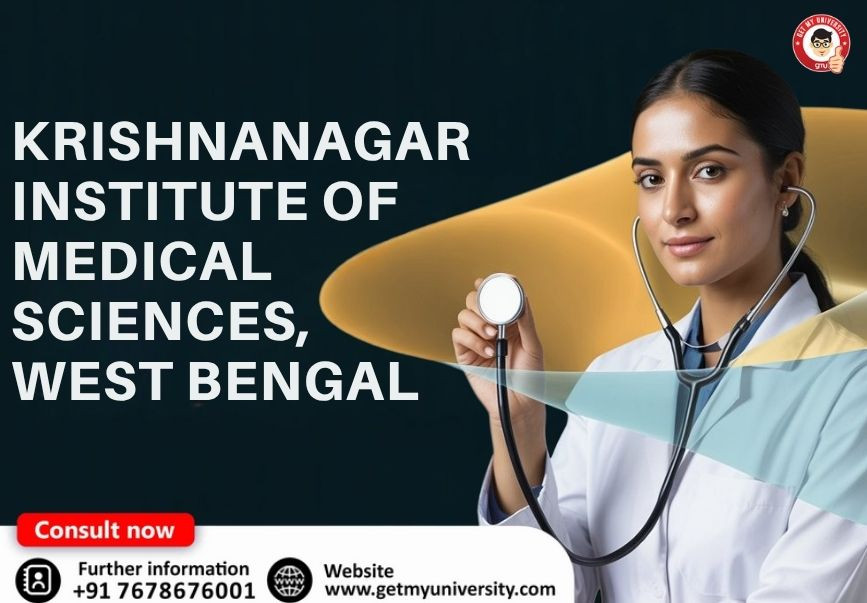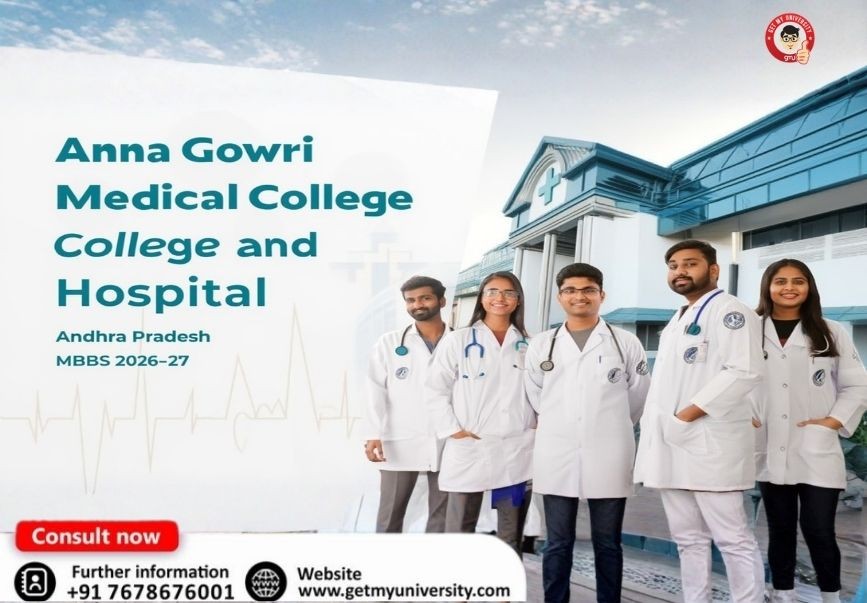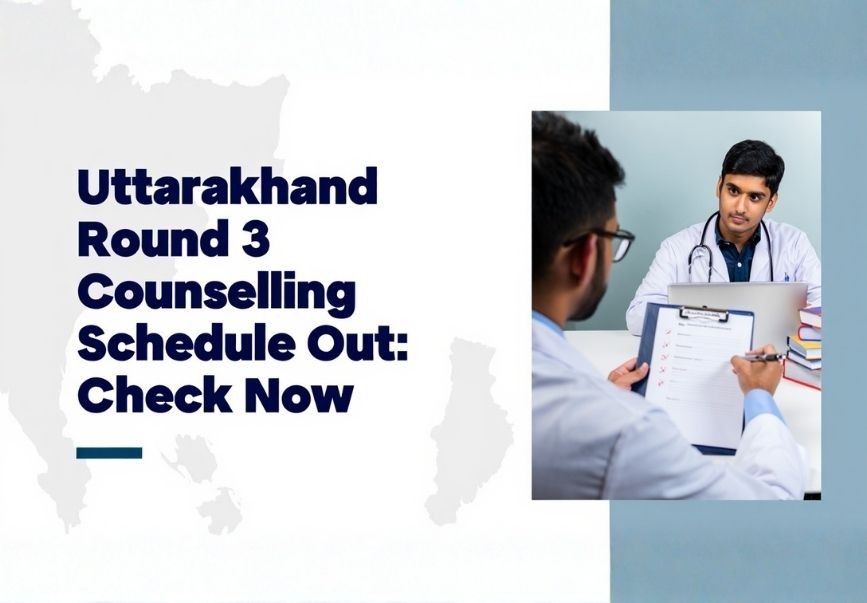Introduction
Kazan State Medical University (KSMU), located in the cultural and academic hub of Kazan, Russia, is one of the oldest and most prestigious medical institutions in the country. Founded in 1814, KSMU has earned a global reputation for its academic rigor, rich heritage, and focus on producing clinically skilled, globally competent doctors. It is the third oldest medical university in Russia and is officially recognized by bodies such as the World Health Organization (WHO), the National Medical Commission (NMC) of India, and the Educational Commission for Foreign Medical Graduates (ECFMG – USA).
Over the years, KSMU has attracted thousands of international students, especially from India, thanks to its cost-effective tuition structure and English-medium MBBS program. The university operates under the Ministry of Health of the Russian Federation, ensuring high standards in both academic delivery and clinical training. It is ranked among the top 25 medical universities in Russia and has established partnerships with global universities and research institutions.
KSMU offers a six-year MBBS (General Medicine) program, including one year of internship. The program is designed to provide a blend of theoretical knowledge and extensive practical training, especially from the third year onward. Students benefit from a strong network of affiliated teaching hospitals, allowing them early and consistent exposure to real-world medical scenarios.
One of the key attractions for Indian students is the affordability of education. Annual tuition fees range from INR 4 to INR 5 lakhs, significantly lower than private medical colleges in India. The cost of living in Kazan is also relatively modest compared to other major European cities, making it financially viable for middle-class families.
KSMU hosts a vibrant and diverse international student community. It provides separate hostel facilities, Indian food options, cultural events, and academic support centers to ensure a smooth transition for students from different parts of the world. The university also facilitates FMGE (Foreign Medical Graduate Examination) preparation through optional coaching sessions and access to relevant academic resources.
Despite its many strengths, students must be prepared for challenges such as climate adjustment, learning basic Russian for clinical rotations, and adapting to the local academic culture. However, for students who are determined, self-disciplined, and open to cross-cultural experiences, KSMU offers a high return on investment and a globally respected medical education.
Hostel & Accommodation Woes
- Spartan Living Conditions
Many students describe the dorms as purpose-built but minimalistic. Typically, 2–4 students share a room, bathrooms are often in basements, kitchens are communal, and strict rules are enforced. Students have little say in roommate selection or floor assignments.
- Limited Hostel Capacity
Demand outstrips supply, especially for international and first-year students. Some simply can’t secure a spot and are forced to seek off-campus housing—expensive and sometimes unsafe.
- Rental Market Traps
Off-campus apartments start at 12,000 RUB (~INR 12,500) monthly, excluding utilities—posing financial stress.
Language & Clinical Pressure
- Russian-Only Clinics
While MBBS lectures are delivered in English, all clinical interactions—ward rounds, patient dialogue, documentation—are conducted in Russian, a major barrier for non-native speakers.
- Learning Curve
Many students must study Russian intensively, often devoting time outside of their already loaded curriculum. This significantly stretches their limits.
Fierce Cold & Cultural Shock
- Extreme Weather
Winters in Kazan drop below –20°C. Indian students face initial shock with freezing temperatures and icy conditions.
- Cultural Adaptation
From local food preferences to unfamiliar social norms, adapting to local customs, cuisine, and social behaviors can feel isolating—especially without a support system.
Stress, Burnout & Bullying
- Intense Academic Load
Medical training in Russia is demanding. Students juggle dense textbooks, lab work, clinical postings, and exam preparation, often with inadequate mental health awareness systems.
- Psychological Toll
Symptoms such as anxiety, insomnia, digestive issues, and depression are increasingly common during exam seasons.
- Bullying Culture
Medical environments in Russia can be hierarchical. Students have reported experiences of being yelled at, disciplined publicly, or ostracized by peers or faculty.
Language & Food Hardships
- Vegetarian Food Challenges
Indian vegetarians face limited options in canteens that prioritize meat dishes. Students often cook for themselves or depend on Indian grocery imports.
- Frozen Diets
Winter supply issues make fresh vegetables scarce. Maintaining balanced nutrition becomes a logistical and mental challenge.
FMGE / NExT Preparation
- Different Curricula
Russia’s medical curriculum focuses on local epidemiology, and may lack emphasis on areas tested in India’s FMGE/NExT exam.
- Coaching Pressure
Although KSMU provides FMGE preparation, students often report the need for external coaching. The gap between Russian clinical training and Indian licensing standards leads to high failure rates.
Agent Scams & Hidden Fees
- Unregulated Consultants
Unreliable educational agents can mislead students with false promises, extra hidden charges, or improper documentation.
- Hostel Monopoly
Some agents book hostel seats in bulk, forcing new students to pay overmarket rates or lose out completely.
Lower Clinical Exposure in Some Aspects
- OPD Volume Discrepancies
Indian students sometimes note lighter patient footfall in some clinics, reducing hands-on opportunities. However, rural postings or rotations in major city hospitals can partially compensate.
Strategies to Overcome Challenges
- Pre-arrival Preparation
- Russian Basics: Learn conversational Russian; apps like Duolingo help.
- Climate Gear: Invest in thermals, insulated coats, and boots ahead.
- Healthy Food Plan: Bring favorite spices; stock up on essentials for slow cooking.
- Social & Academic Engagement
- Peer Networks: Join Indian student groups to share resources and emotional support.
- Mental Health Support: Use university psychologists, peer counselors, or therapy apps.
- Bullying Policies: Know your rights; document incidents, share with seniors.
- Financial Planning
- Budget Smartly: Distinguish between official hostel and off-campus costs.
- Avoid Agents: Directly approach university offices; avoid third-party markups.
- Coaching Strategy: Pair FMGE prep with regular coursework; allocate time early.
- Clinical Adaptation
- Language Immersion: Attend Russian standard clinical rounds in summer or through language apps.
- Supplement Clinical Learning: Visit allied hospitals or rural clinics for increased exposure.
Conclusion
Kazan State Medical University offers a prestigious yet challenging environment. While it remains an excellent choice for affordable, internationally accredited MBBS, students must weigh these realistic challenges. Preparing ahead—both emotionally and practically—is crucial.
By recognizing and proactively managing obstacles related to housing, language, climate, mental health, and exam prep, students can smoothly transition into competent, resilient doctors.
KSMU isn’t just an institution—it’s a test of perseverance, adaptability, and growth. For those ready to face its trials, the rewards are transformative.

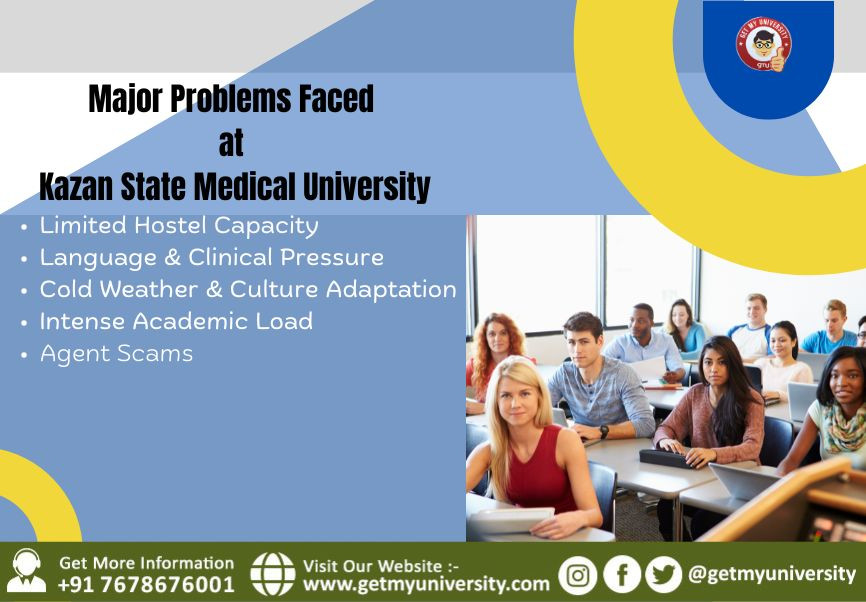



.jpg-12992.jpg)
.jpg-24397.jpg)
